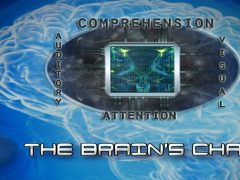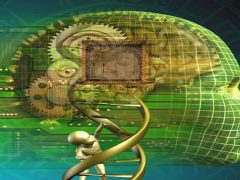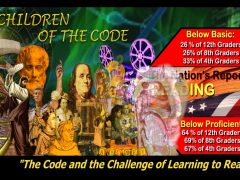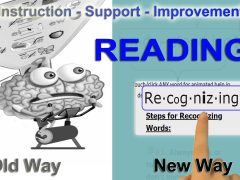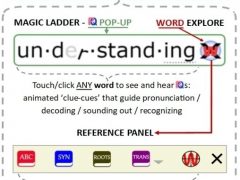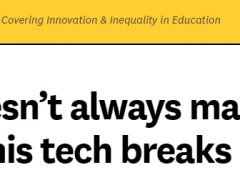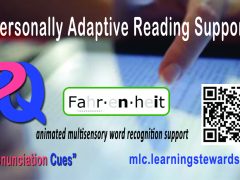Alison Gopnik has an important new article in the Wall Street Journal called “The Ultimate Learning Machines“. I recommend it, and I would add… The Ultimate Learning Machines Beings Human babies are the most powerful learners in the universe. So much so that state of the art machine learning is now learning from them. What […]


